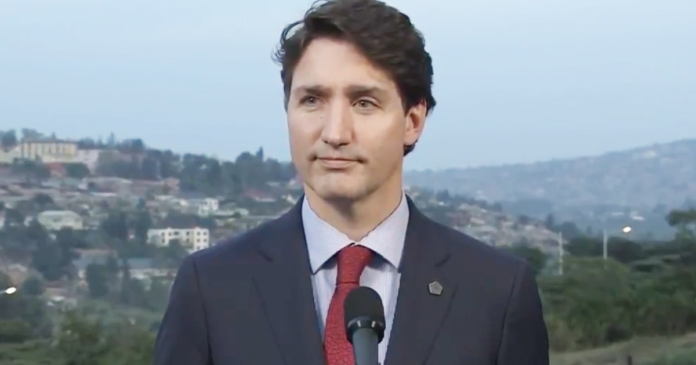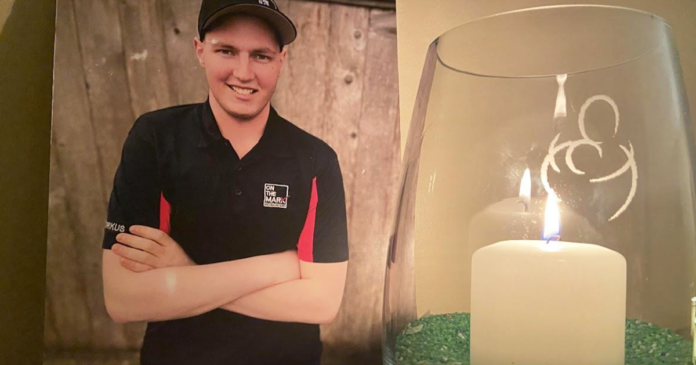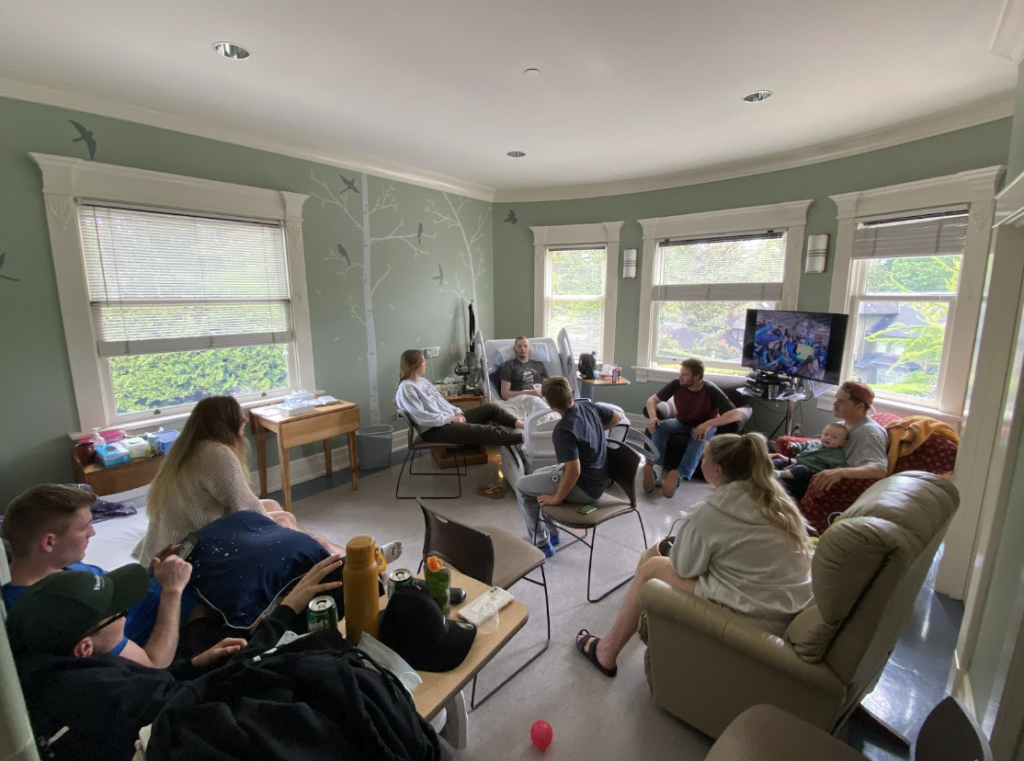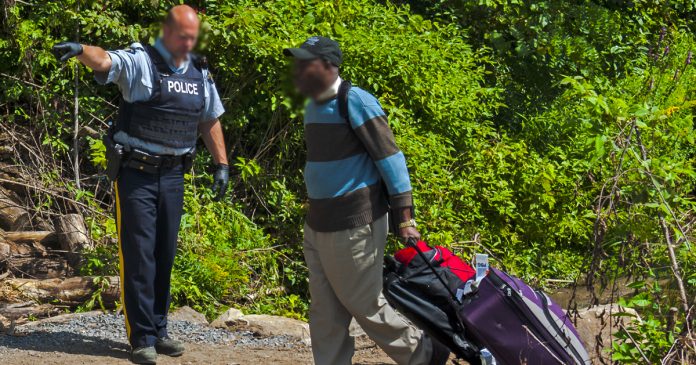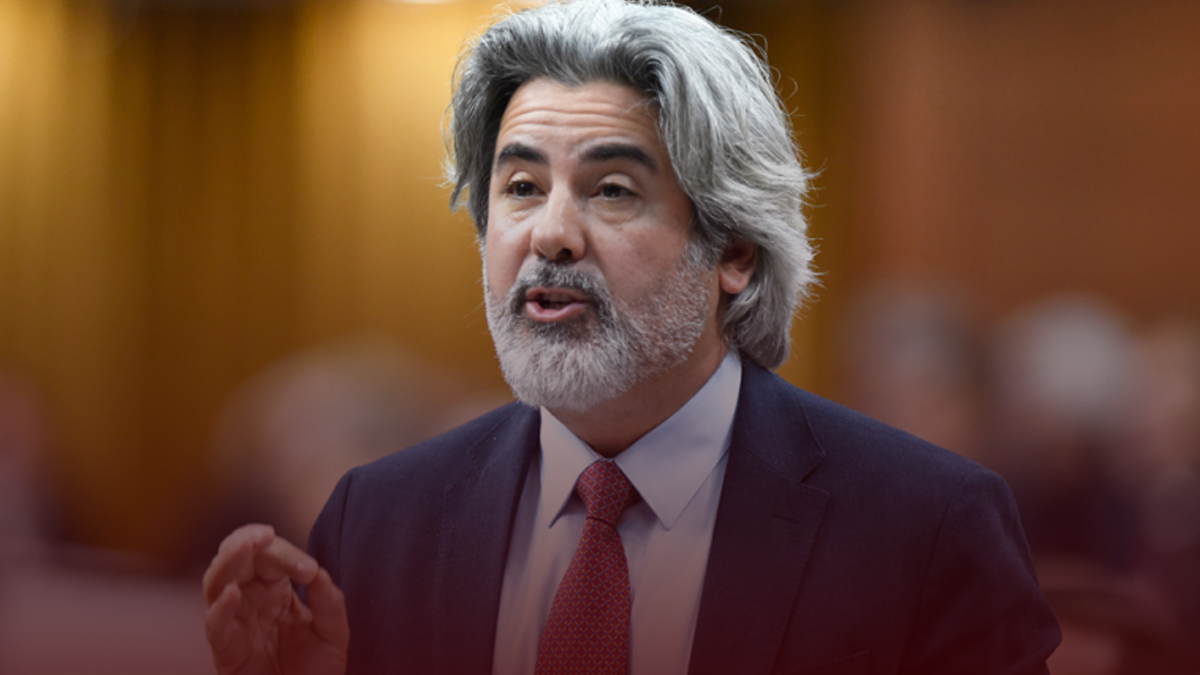By now, most Albertans who pay even a little attention to the news as it relates to our best-in-the-world energy sector have heard about former Liberal environment minister Catherine McKenna’s baseless accusations that the energy industry is “greenwashing” and isn’t serious about improving practices to achieve low emissions.
McKenna now possesses a title so long in her climate role with the United Nations (UN), that it well matches her pretentious comments insulting our energy industry. Like any good old Liberal eco-radical, her out-of-touch remarks reek of elitism, as she boards jet planes to talk about saving the planet. Give us a break.
Here, at Alberta Proud, we want every Albertan to know what McKenna and her ilk think about us. In this day and age of social media, ‘here today and gone tomorrow’ may be the mantra of this modern world, but this pattern of looking down on our energy sector and doing anything to undermine it cannot be taken lightly.
We are asking Albertans to get loud and get Alberta Proud in standing up for our energy sector. Enough is enough and we have to stop tip-toeing around these eco-radical mistruths. They hurt our energy workers, our economy and our nation as a whole.
To say we are proud of the tech innovations that are taking place in our energy sector is an understatement. We have some of the world’s lowest GHG intensity natural gas production, which helps reduce global environmental impact. We have tremendous investment into carbon capture technology and methane detection and we need to continue to attract global investors in order to move forward with decarbonization projects.
We are also proud of our industry leaders for putting their boxing gloves on and standing up to McKenna’s absurd comments. These leaders include Lisa Baiton, the president and CEO of the Canadian Association of Petroleum Producers.
If you read McKenna’s eco-radical piece, I equally encourage you to read Baiton’s response, in an op-ed printed by Troy Media on March 1, 2023: Catherine McKenna’s attack against Canada’s energy sector irresponsible and oblivious to the world’s energy challenges.
Baiton hit back on McKenna for the negative impact of using the sensationalized term “greenwashing”: “billions of dollars in industry capital are currently invested and designated to be invested in carbon capture and other clean technologies. Dismissing this as “greenwashing” ignores real investment, cooperation between industry and governments, and pragmatic climate solutions.”
Global demand of 101.7 million barrels of oil per day is only going to continue to climb. In order to meet global energy demands, the world needs stable and reliable oil production. It only makes sense for Canada to increase oil production, given that we adhere to some of the highest ethical and environmental standards in the world.
Putting Canada in the driver’s seat not only protects global energy insecurity, it will lead us toward lower global emissions – as we are a leader in employing clean tech solutions to reach our low emissions goal even faster.
Gregory Tobin of the Canada Strong and Proud Network maybe put it best in his recent True North op-ed, pleading with our global leaders to get off despot oil and onto responsibly-produced Canadian LNG: “We need a government that sees Canada and its bounty of resources as a solution to global economic turmoils … A strong, richer, more prosperous Canada will lead to a safer world – let’s make it happen for Ukraine’s sake.”
The secret is out: the energy industry cares about the environment and about winning the race to low emissions. It’s going to be done through investment in clean tech, partnerships with our Indigenous Canadians and getting our political leaders to see that the answer to improving our climate lies right here with our best-in-the-world Canadian energy, our Alberta energy.
Lindsay Wilson is the President of Alberta Proud.




